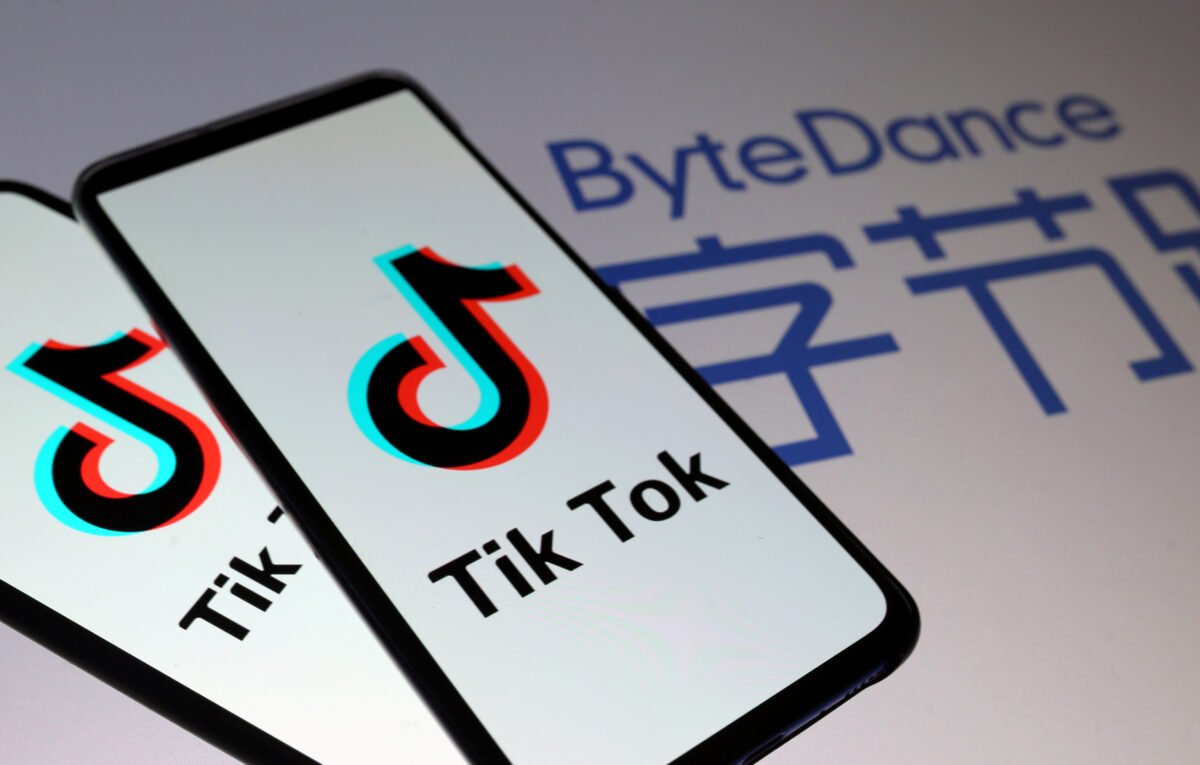Russian Propaganda on Ukraine Appears in Minecraft and Other Video Games
Russian propaganda is spreading into the world’s video games.
In Minecraft, the immersive game owned by Microsoft, Russian players re-enacted the battle for Soledar, a city in Ukraine that Russian forces captured in January, posting a video of the game on their country’s most popular social media network, VKontakte.
A channel on the Russian version of World of Tanks, a multiplayer warfare game, commemorated the 78th anniversary of the defeat of Nazi Germany in May with a recreation of the Soviet Union’s parade of tanks in Moscow in 1945. On Roblox, the popular gaming platform, a user created an array of Interior Ministry forces in June to celebrate the national holiday, Russia Day.
These games and adjacent discussion sites like Discord and Steam are becoming online platforms for Russian agitprop, circulating to new, mostly younger audiences a torrent of propaganda that the Kremlin has used to try to justify the war in Ukraine.
In this virtual world, players have adopted the letter Z, a symbol of the Russian troops who invaded last year; embraced legally specious Russian territorial claims in Crimea and other places; and echoed President Vladimir V. Putin’s efforts to denigrate Ukrainians as Nazis and blame the West for the conflict.
“Glory to Russia,” declared a video tutorial on how to construct a flagpole with a Russian flag on Minecraft. It showed a Russian flag over a cityscape labeled Luhansk, one of the Ukrainian provinces that Russia has illegally annexed.
“The gaming world is really a platform that can impact public opinion, to reach an audience, especially young populations,” said Tanya Bekker, a researcher at ActiveFence, a cybersecurity company that identified several examples of Russian propaganda on Minecraft for The New York Times.
Microsoft’s president, Brad Smith, disclosed in April that the company’s security teams had identified recent Russian efforts “basically to penetrate some of these gaming communities,” citing examples in Minecraft and in Discord discussion groups. He said Microsoft had advised governments, which he did not name, about them, but he played down their significance.
“In truth, it’s not the No. 1 thing we should worry…


